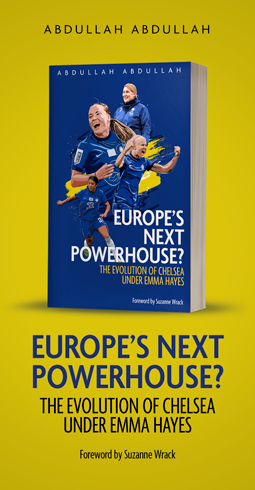
A CHAMPION’S LAST FIGHT: BENNY LYNCH
A CHAMPION’S LAST FIGHT: BENNY LYNCH
Benny Lynch is remembered as one of the best ever flyweights, but there was one opponent he just could not beat and alcoholism cost him his life 70 years ago (August 6, 1946).
The little Scot reigned as world flyweight champion from 1935 to 1938 until he lost his title on the scales, failing to make the weight, before a defence against Jackie Jurich.
Lynch’s career was over after just two more fights in 1938 as alcohol dictated his life. Within eight years he was dead aged 33.
Lynch did not die in the gutter – as has frequently been documented – but his demise was nevertheless sad and disturbing.
Lynch walked into Southern General Hospital in his native Glasgow after his health became increasingly poor due to his alcoholism.
Lynch’s life unravelled after his last fight, but the problems started while he was boxing. Lynch’s appetite for a drink developed when he was world champion and he was encouraged to keep a hectic social life due to his celebrity status.
Making the weight increasingly problematic for Lynch, who would go on drinking binges close to fight nights. After victories in world title fights against Jackie Brown, Pat Palmer, Small Montana and Peter Kane, Lynch began losing his battle with booze.
Lynch was poor in a rematch with Kane and three weeks before a title defence against Jurich he was arrested for drink driving. When he weighed in for the Jurich fight he was more than the bantamweight limit and was stripped of the title.
“I’m certain now that this was the final blow that broke Benny’s heart,” said wife Annie.
“From then on he lived only for drink.”
Lynch was seen drinking in the dressing room before his last fight against Aurel Toma and he subsequently spent spells in clinics and even an Irish monastery to try and kick the habit. None of it worked and attempts to make a comeback also failed.
Lynch was even told he was not fit enough to serve in the Armed Forces during the Second World War as his health deteriorated.
On one drunken night, Lynch tried to gas his 18-month-old son Bobby and he became estranged from his wife and two boys. Lynch drifted from job to job, returned to fight in the boxing booths and lived at a working men’s lodging house.
Lynch died of heart failure and alcoholism, four months after being treated for tuberculosis.
For my book A Champion’s Last Fight, I spoke to Lynch’s son Bobby who now lives in Canada.
“He missed the boxing, his last fight was very sad and it was very hard for him after that,” said Bobby Lynch.
“Everywhere he went people would want to buy him a drink so the chances of him giving it up were remote. He tried giving up all the time, but it never materialised.”
A Champion’s Last Fight, The Struggle With Life After Boxing (£12.99, Pitch Publishing) looks at why former world champion boxers experience problems in their post-boxing lives. It tells the stories of former world champions who have struggled in life away from the ring and features as well as Lynch the likes of Randy Turpin, Freddie Mills, Ken Buchanan, John Conteh, Alan Minter, Charlie Magri, Frank Bruno, Nigel Benn, Chris Eubank, Naseem Hamed, Scott Harrison, Joe Calzaghe and Ricky Hatton.
Click here for more information, or to read a sample from A Champion's Last Fight.


